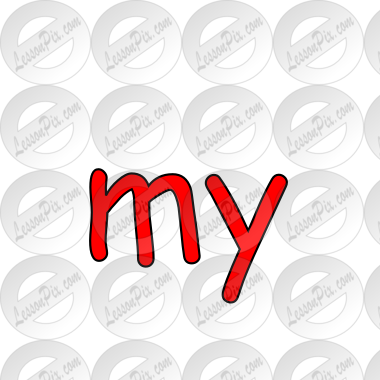Language, at its core, is a bridge. It connects minds, conveys emotions, and weaves the intricate tapestry of human experience. Yet, for many of us, this bridge is not always a sturdy, well-maintained structure. It can be a rickety rope bridge swaying precariously over a chasm of misunderstanding, a bridge with missing planks, or one where the path ahead is obscured by a dense fog of forgotten vocabulary and tangled grammar. This is the realm of my broken language – a personal linguistic landscape marked by stumbles, pauses, and the profound, often paradoxical, strength found in imperfection.
The phrase "broken language" itself carries a weight of judgment, a connotation of something flawed or incomplete. But for those who live within its embrace, it is rarely a static state of deficiency. Instead, it is a dynamic, evolving process, a testament to migration, cultural blending, and the sheer human will to communicate across boundaries. It is the language of the immigrant, the diaspora, the second-generation, and anyone who has ever wrestled with the beautiful beast of multilingualism.
My own journey into the world of broken language began not with a sudden shift, but with a gradual, almost imperceptible erosion. Born into a household where my parents spoke their native tongue, I grew up with the sounds and rhythms of a language that was inherently mine, yet increasingly foreign. English, the language of the playground, the classroom, and eventually, the wider world, steadily claimed more territory in my mind. The result wasn’t a perfect mastery of either, but a curious hybrid – a linguistic mosaic where pieces of one language were cemented with the mortar of another, often leaving visible cracks and uneven surfaces.
The most immediate and palpable consequence of this linguistic duality is the constant feeling of inadequacy. In conversations with native speakers of my ancestral language, I find myself grasping for words, conjugating verbs incorrectly, or simply resorting to English phrases when the appropriate vocabulary eludes me. A simple discussion about complex emotions can become a frustrating exercise in circumlocution, where the nuance I wish to convey is lost in a clumsy translation or an oversimplified expression. The shame can be acute, a hot flush spreading across my face as I realize my carefully constructed sentence has dissolved into a grammatical absurdity. It’s a feeling of being perpetually on the verge of articulation, yet never quite reaching the summit.
This brokenness extends beyond mere grammar and vocabulary. It infiltrates the very essence of identity. When I speak my ancestral language, even with its imperfections, I connect with a deeper part of myself, a cultural heritage that runs through my veins. Yet, the stumbles and hesitations can make me feel like an imposter, not "truly" a part of the culture I claim. The language, which should be a birthright, feels like a borrowed garment that doesn’t quite fit. On the other hand, my English, while fluent enough for daily life, occasionally carries the subtle accent or phraseology of my background, marking me as "other" in certain contexts. I exist in a liminal space, fully belonging to neither linguistic world, yet uniquely shaped by both.
The emotional landscape of broken language is rich and complex. There is the constant internal monologue, a battleground where thoughts are translated, re-translated, and often simplified before they ever reach my lips. I might formulate a witty remark or a profound observation in my mind, only for it to emerge as a stunted, less impactful version in spoken form. This self-censorship can lead to a sense of being misunderstood or underestimated, as if the true depth of my thoughts remains perpetually trapped behind a linguistic barrier. The frustration of not being able to express myself fully, of feeling intellectually muted, is a heavy burden. It fosters a quiet resentment towards the languages themselves, for not bending to my will, and towards myself, for not mastering them.
Yet, alongside the frustration and shame, there is also a profound sense of resilience. Every time I choose to speak my broken language, I am making an act of courage. I am accepting the potential for error, for judgment, for misunderstanding, and pushing through it anyway. Each clumsy sentence, each mispronounced word, is a step in an ongoing journey of reclamation and connection. It’s a testament to the idea that communication is more important than perfection, and that the effort itself holds immense value.
Furthermore, my broken language has gifted me with a unique perspective. Navigating the world between two (or more) linguistic systems sharpens my sensitivity to nuance, context, and the subtle cues that often go unnoticed by monolinguals. I’ve become an expert at code-switching, seamlessly (or not so seamlessly) blending words and phrases from different languages to fill gaps, express specific cultural concepts, or simply to make myself understood. This code-switching is not just a deficiency; it’s a creative act, a dynamic improvisation that reflects the intricate wiring of a multilingual brain. It’s a linguistic dance where I pull from all available resources to build meaning, even if the choreography isn’t always polished.
There’s also an unexpected beauty in this imperfection. A broken language, much like a beloved antique with visible cracks and worn edges, tells a story. It speaks of journeys taken, cultures encountered, and the persistent human need to connect. It carries the echoes of different homes, different voices, and different ways of seeing the world. My grammatical errors and vocabulary gaps are not just mistakes; they are markers of my unique linguistic fingerprint, a testament to a life lived across borders, both geographical and cultural. They are the brushstrokes of an artist who uses a palette of mixed hues, creating something original and authentic, even if it doesn’t conform to traditional standards.
Learning to embrace my broken language has been a long process of self-acceptance. It means letting go of the idealized version of myself who would effortlessly glide through conversations in every language. It means recognizing that language is a tool, and even a slightly blunt tool can still get the job done. It means celebrating the small victories: the time I finally remembered a particular idiom, the moment I successfully conveyed a complex idea, or the joy of connecting with a distant relative through the shared, albeit imperfect, medium of our ancestral tongue.
The digital age has brought new dimensions to this experience. Online communities, language exchange apps, and translation tools offer both solace and challenge. They provide platforms for practice and connection, but also highlight the stark reality of AI-driven fluency against human struggle. Yet, even here, the value of human connection, with all its imperfections, remains paramount. A perfectly translated message lacks the warmth and authenticity of a message crafted with effort, even if it contains a few errors.
In conclusion, my broken language is not a deficit; it is a defining characteristic. It is a constant reminder of my unique heritage, my journey, and my ongoing engagement with the world. It is the silent hum of two cultures intertwined, the echoes of different histories, and the continuous effort to bridge internal and external worlds. It’s a testament to the messy, beautiful reality of being human in a globalized world, where linguistic purity is often a myth, and true connection often blossoms in the fertile ground of shared struggle and mutual understanding.
So, when I stumble over words, or mix up my tenses, I no longer see it as a failure. Instead, I see it as a badge of honor, a symbol of my linguistic resilience. My broken language is not a flaw to be hidden, but a vibrant, living testament to a life lived richly, imperfectly, and always, always striving to connect. It is a symphony of stumbles, yes, but also a powerful anthem of strength.


